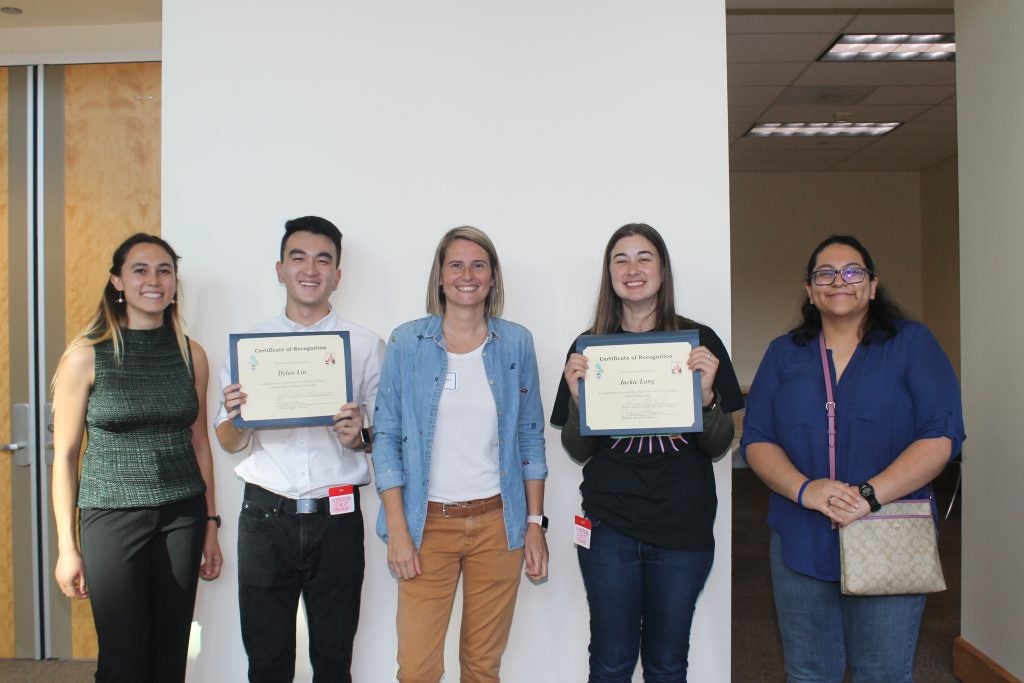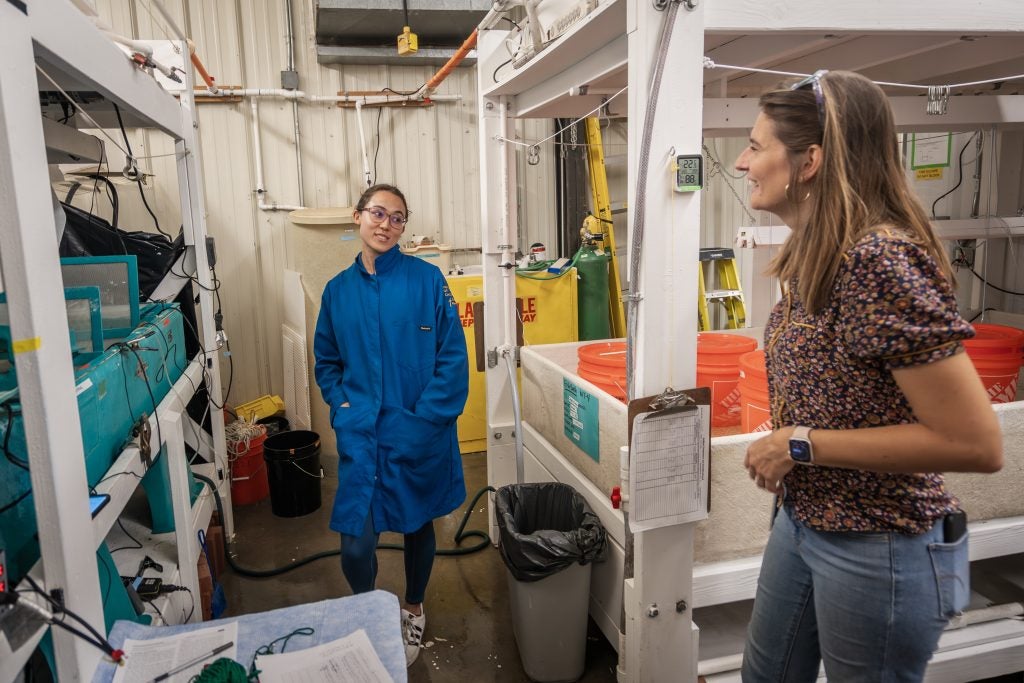
In the Segarra Lab, we want to ensure everyone experiences a positive, engaging, hostility-free, challenging, and rewarding lab environment. If you join us, you’ll learn a lot about structural biology, biochemistry, and biological signaling pathways in cells, develop new skills (from molecular biology, eco-toxicology, cell biology, pathology, physiology, animal behavior, data analysis, writing, giving talks), make new friends, and have a great deal of fun throughout the whole process.
